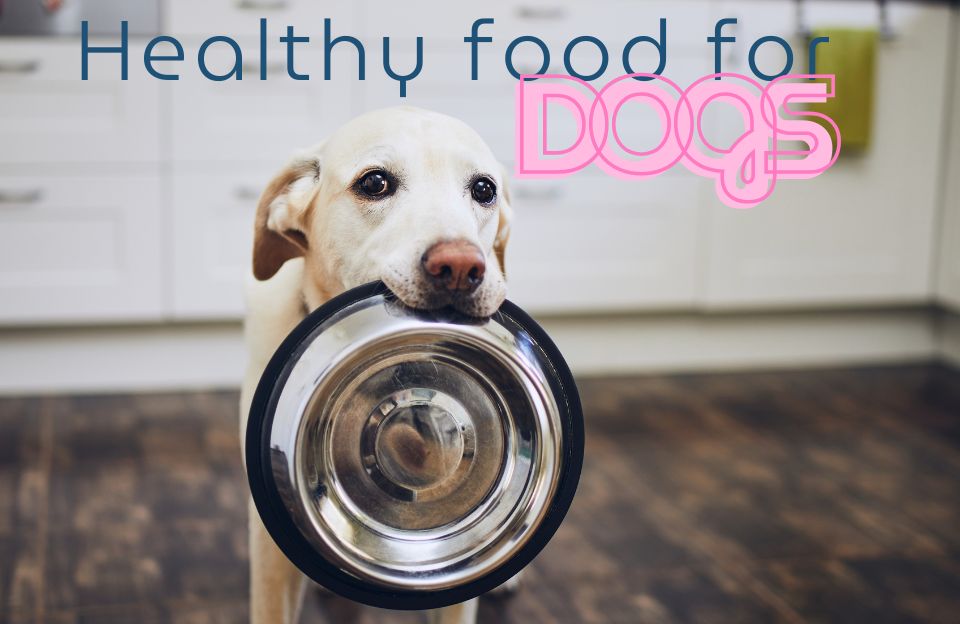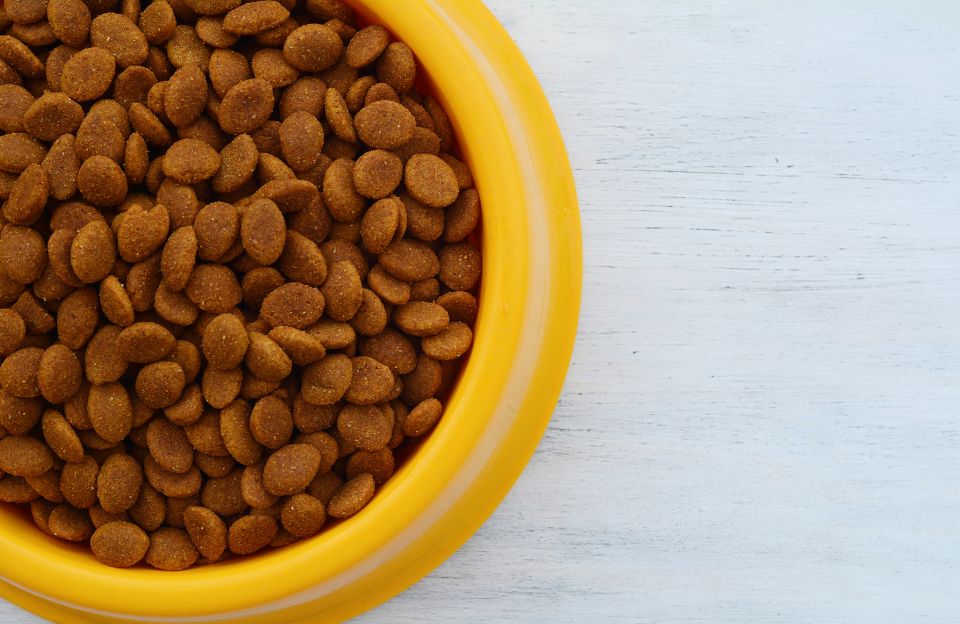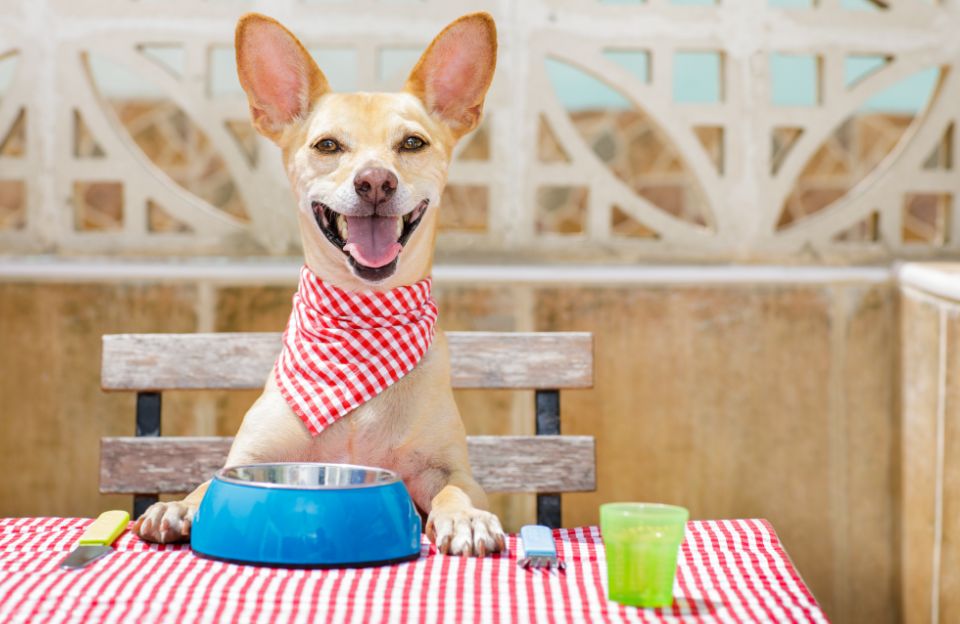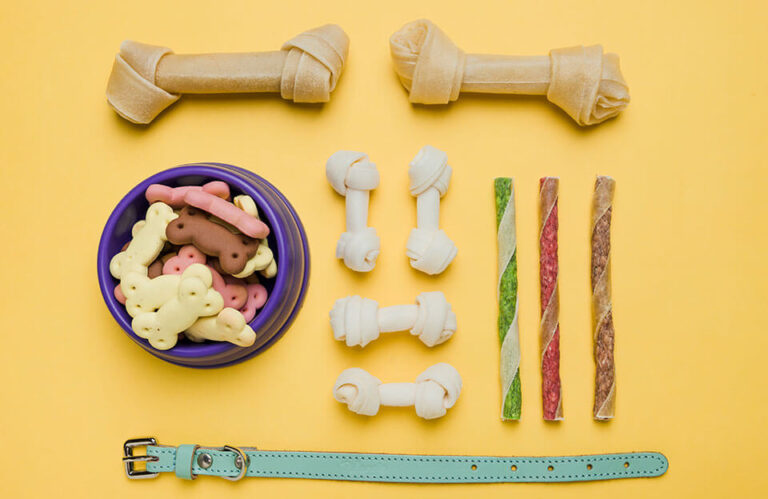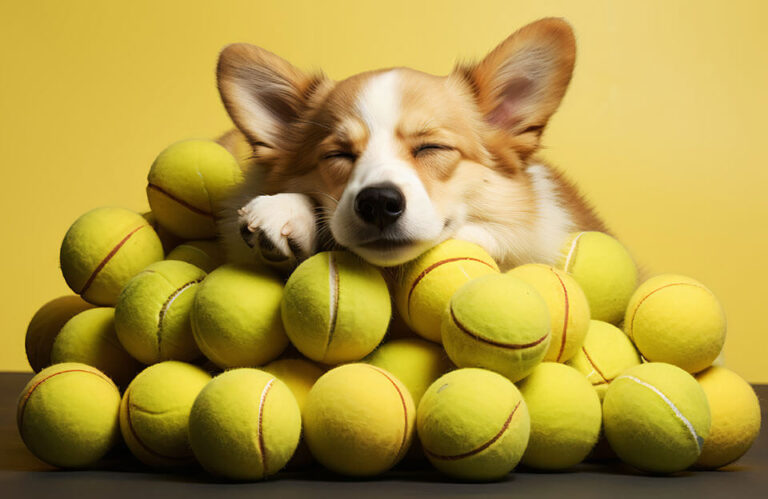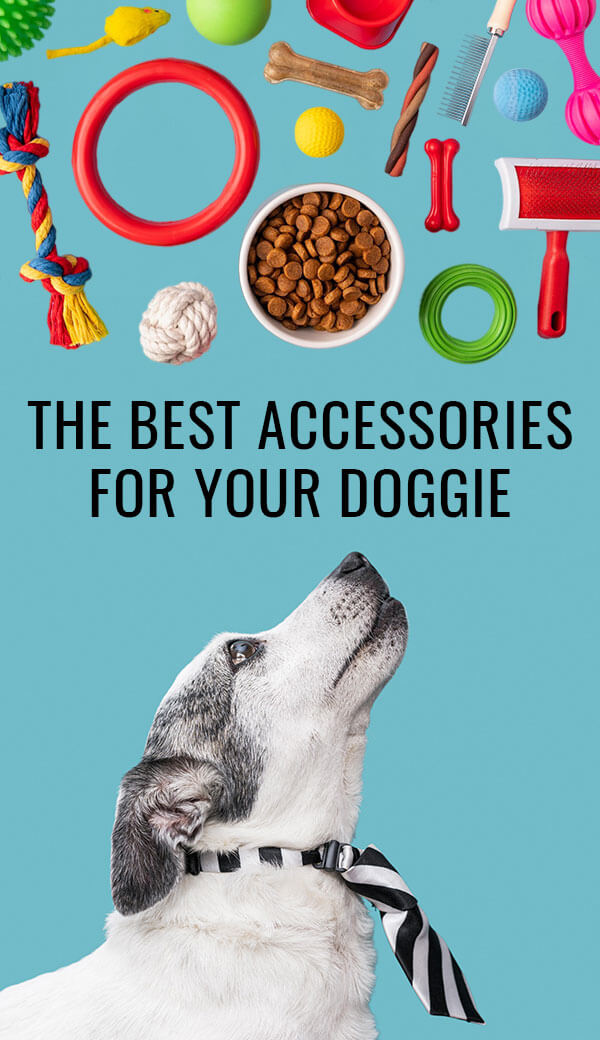Ensuring your dog receives proper nutrition is crucial for their overall health and well-being. A balanced diet helps maintain energy levels, supports a strong immune system, and promotes a healthy coat and skin. Here’s what your dog’s diet should include:
Table of Contents
High-Quality Protein
Protein is essential for muscle development and repair. Your dog’s diet should include high-quality sources of protein such as chicken, beef, lamb, fish, and eggs. Ensure the protein is easily digestible and suits your dog’s specific dietary needs.
Healthy Fats
Fats are a vital source of energy and are necessary for the absorption of fat-soluble vitamins. Include sources of healthy fats like fish oil, flaxseed, and chicken fat in your dog’s diet to promote a shiny coat and healthy skin.
Carbohydrates
Carbohydrates provide energy and aid in proper digestive function. Whole grains like brown rice, oats, and barley are excellent sources of carbohydrates. Ensure the carbohydrates are easily digestible and free from fillers or artificial additives.
Vitamins and Minerals
Vitamins and minerals are crucial for various bodily functions, including immune system support, bone health, and metabolic processes. Include a variety of fruits and vegetables in your dog’s diet, such as carrots, sweet potatoes, blueberries, and spinach, to provide essential vitamins and minerals.
Fiber
Fiber is important for maintaining healthy digestion and preventing constipation. Include fiber-rich foods like pumpkin, green beans, and apples in your dog’s diet to support digestive health.
Water
Water is essential for all living beings. Ensure your dog has access to fresh, clean water at all times. Proper hydration is vital for overall health, aiding in digestion, circulation, and temperature regulation.
Avoid Harmful Ingredients
Avoid feeding your dog foods that contain harmful ingredients like artificial preservatives, colors, and flavors. Steer clear of foods with excessive salt, sugar, and unhealthy fillers. Also, some human foods like chocolate, grapes, onions, and garlic can be toxic to dogs and should be avoided.
Consult Your Veterinarian
Every dog is unique, and their nutritional needs can vary based on age, breed, size, and health condition. Consult your veterinarian to create a diet plan tailored to your dog’s specific needs. Regular check-ups and discussions about nutrition will help ensure your dog remains healthy and happy.
By providing a balanced and nutritious diet, you can significantly enhance your dog’s quality of life, ensuring they stay active, healthy, and happy for years to come.

